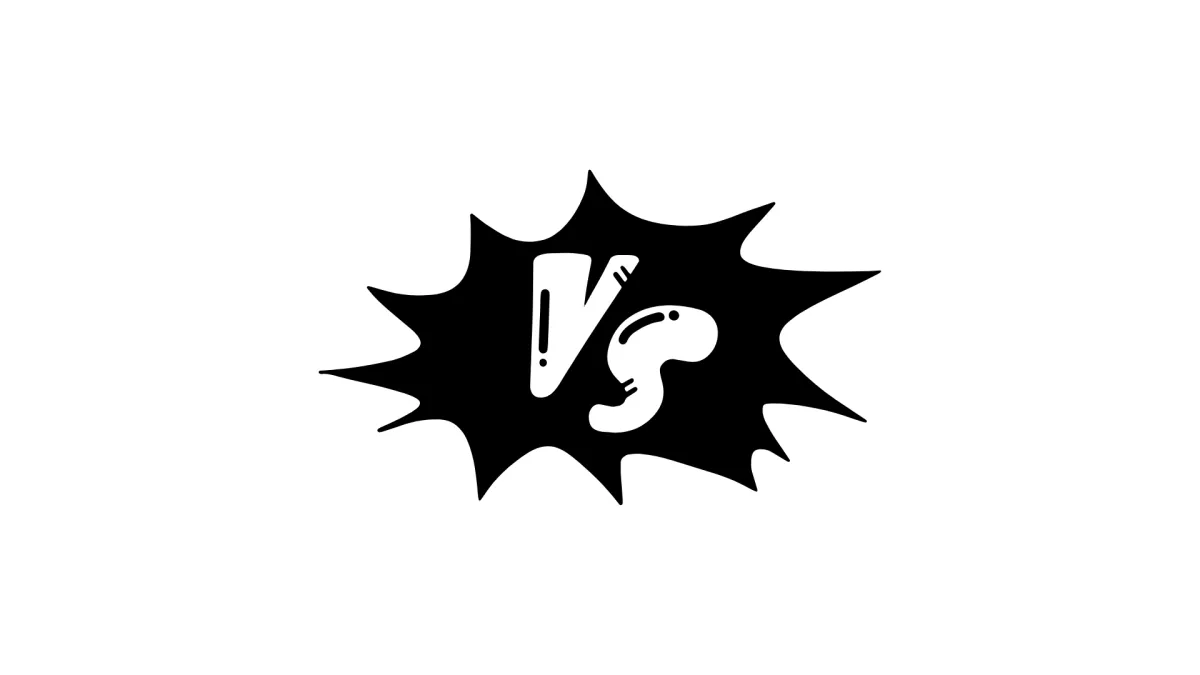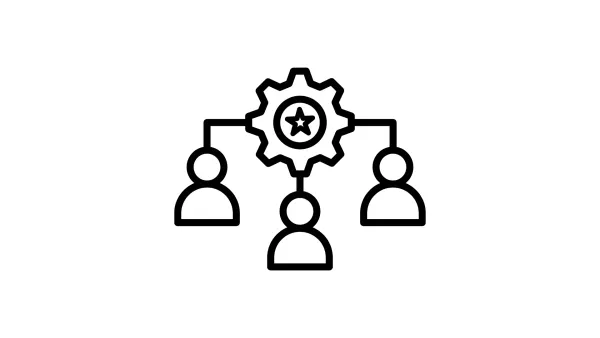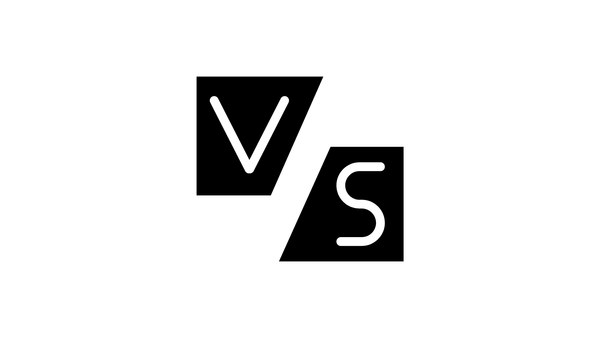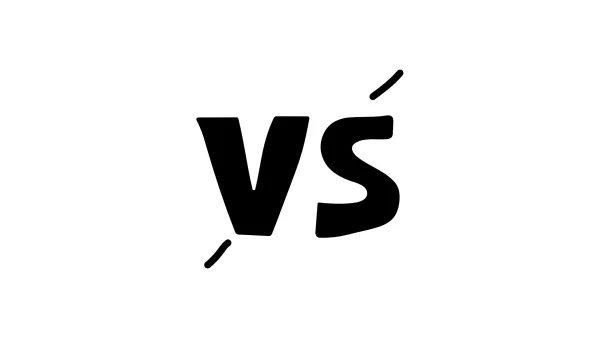Caddy vs. Nginx: Best Web Server for Modern Hosting in 2025
Choosing between Caddy and Nginx? Discover their strengths, limitations, and ideal use cases. From automatic HTTPS to high traffic handling, this detailed comparison helps you pick the perfect web server for modern hosting in 2025.

Table of Contents
Choosing the right web server is crucial for ensuring your website’s performance, security, and scalability. In the battle between Caddy and Nginx, both have their unique strengths and use cases. Let’s dive into a detailed comparison to help you decide which one suits your hosting needs in 2025 and beyond.
Introduction
Why Choosing the Right Web Server Matters
Your web server determines how efficiently your website handles traffic, secures data, and scales with growth. A poor choice can lead to bottlenecks, security risks, and unnecessary expenses.
Overview of Caddy and Nginx
- Caddy: Known for simplicity, automatic HTTPS, and modern features.
- Nginx: Renowned for high performance, scalability, and versatility.
What is Caddy?
Key Features and Capabilities
- Automatic HTTPS: Built-in SSL/TLS support with zero configuration.
- Ease of Use: Simple, human-readable configuration files.
- Extensibility: Plugin system for added functionality.
Strengths of Caddy for Modern Hosting
- Ideal for developers and small teams who want fast deployment without hassle.
- Modern protocol support, including HTTP/3.
- Optimized for small to medium websites, static sites, and blogs.
Limitations of Caddy
- Limited ecosystem compared to Nginx.
- Performance may lag slightly for high-traffic enterprise setups.
What is Nginx?
Key Features and Capabilities
- Reverse Proxy: Outstanding for load balancing and caching.
- Performance-Oriented: Handles thousands of concurrent connections.
- Flexible Configurations: Highly customizable for various use cases.
Strengths of Nginx for Performance and Scalability
- Industry standard for handling high traffic efficiently.
- Ideal for dynamic content and large-scale enterprise environments.
- Integrates seamlessly with modern DevOps tools like Docker and Kubernetes.
Limitations of Nginx
- Steeper learning curve, especially for beginners.
- Manual configuration required for HTTPS and advanced setups.
Ease of Setup and Configuration
- Caddy: Simple and quick, thanks to automatic HTTPS and intuitive config files.
- Nginx: Requires more effort but offers unparalleled flexibility for custom setups.
Performance Comparison
Handling Static and Dynamic Content
- Caddy: Optimized for static sites with minimal configuration.
- Nginx: Excels in handling both static and dynamic content efficiently.
Resource Usage: CPU and Memory Efficiency
- Caddy: Lightweight and resource-efficient for small to medium workloads.
- Nginx: Scales better for high-concurrency environments.
Benchmarks for High-Traffic Environments
- Nginx outperforms Caddy in high-traffic scenarios due to its event-driven architecture.
Security Features
- Caddy: Automatic SSL/TLS and built-in security features like rate limiting.
- Nginx: Highly customizable security configurations and better control over advanced security setups.
Scalability and Load Balancing
- Caddy: Good for moderate scaling with basic traffic distribution.
- Nginx: Proven load balancer for enterprise-level traffic and complex architectures.
Integration and Ecosystem Support
- Caddy: Focuses on simplicity with a growing plugin ecosystem.
- Nginx: Deeply integrated into DevOps workflows, offering better support for microservices and containerized environments.
Use Cases for Caddy and Nginx
- Caddy: Best for small websites, startups, and developers who value ease of use.
- Nginx: Ideal for enterprises, high-traffic sites, and applications requiring advanced configurations.
Cost and Licensing
- Caddy: Free and open-source, with commercial options for extended features.
- Nginx: Free community version and paid Plus version for enterprise support.
Future Prospects for Caddy and Nginx
Innovations and Trends Shaping Both Servers
- Caddy: Continued focus on simplicity and modern protocols like HTTP/3.
- Nginx: Evolving to support next-gen DevOps and cloud-native environments.
Community and Industry Support
- Nginx benefits from a massive community and widespread adoption.
- Caddy is gaining traction among developers for its ease of use.
Conclusion
Both Caddy and Nginx are powerful web servers, but your choice depends on your specific needs:
- Choose Caddy for simplicity, automatic HTTPS, and modern features.
- Opt for Nginx for performance, scalability, and enterprise-level reliability.
Evaluate your hosting requirements, test both options, and make an informed decision to ensure your web server aligns with your goals.
FAQs
What are the main differences between Caddy and Nginx?
Caddy focuses on simplicity and automatic HTTPS, while Nginx excels in performance, scalability, and advanced configurations.
Which server is better for beginners?
Caddy is more beginner-friendly due to its automatic configuration and user-friendly setup process.
Is Caddy as secure as Nginx?
Yes, Caddy includes built-in security features like automatic HTTPS and rate limiting. Nginx offers advanced security configurations for experienced users.
Which server performs better for high-traffic websites?
Nginx is better suited for high-traffic environments, thanks to its event-driven architecture and efficient handling of concurrent connections.
Can I use Caddy for enterprise applications?
Caddy is suitable for small to medium projects but may lack the advanced features and scalability required for large enterprise applications.



